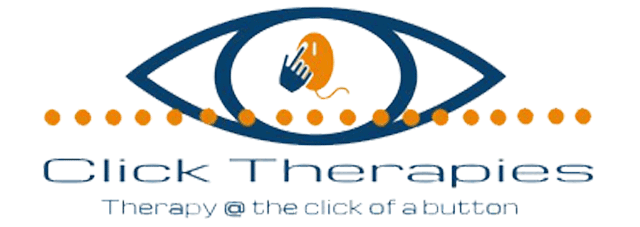Eye Movement Desensitisation and Reprocessing (EMDR)
Eye Movement Desensitisation and Reprocessing Therapy (EMDR) is most effective in the treatment of PTSD, anxiety, and phobias, continued distressing memories or trauma, and sometimes even depression and addictions.
EMDR is a type of psychotherapy treatment. Its purpose is one that’s intended to relieve stress and other negative feelings that can be caused by traumatic memories. EMDR therapy shows that the mind can in fact heal from psychological trauma much as the body recovers from physical trauma.
Find out more about how we can help you with EMDR.
What is EMDR therapy?
Eye Movement Desensitisation and Reprocessing Therapy (EMDR) is most effective in the treatment of PTSD, anxiety, and phobias, continued distressing memories or trauma, and sometimes even depression and addictions.
EMDR is a type of psychotherapy treatment. Its purpose is one that’s intended to relieve stress and other negative feelings that can be caused by traumatic memories. EMDR therapy shows that the mind can in fact heal from psychological trauma much as the body recovers from physical trauma. Millions of people in the world have been treated successfully over the past 25 years. It is also an evidence-based therapy recommended in national treatment guidelines as well as by the World Health Organisation (WHO)
As with any treatment or therapy, each person is different, however EMDR treatment can be very rapid. EMDR is broken down into eight different phases and will normally last typically between 6-12 sessions. Additional sessions may be advised, depending on the severity of the condition. In general, the more isolated the traumatic memory being treated, the shorter the treatment tends to be.
Each session will usually last around 60-80 minutes and we recommend that these take place ideally on a weekly or twice weekly basis, if this is possible.
How does EMDR work?
EMDR therapy works in that it can help you feel safe and in control in your environment, rather than afraid and feeling like the world is not a safe place for you to be in. This therapy aims to reduce the emotional and physical connection of the past trauma.
The treatment explores three parts: Past, Present and Future. Collaboratively with your therapist, you will be asked to focus on related negative thoughts and feelings that you are still experiencing, and decide which of these beliefs are still relevant and which ones you would like to replace with positive thoughts and beliefs. Your level of distress is scored by the Subject Units of Distress Scale (SUDs). This is scored from 0-10, were 0 is no disturbance and 10 being highest. This helps you and your therapist to determine the level of distress during the assessment phase.
You will learn techniques to help you deal with disturbing feelings. Your therapist will then guide you through a process known as desensitisation.
This phase is carried out through eye movements (or other bilateral stimulation). EMDR encourage the processing of distressing information in a safe and stabilised way. Trauma memories are often “frozen” in part of the brain and it’s the job of the EMDR to reduce your SUDs and overwhelming emotions that is attached to your distressing memory
Is online EMDR for me?
It can be a daunting prospect to admit that you have a problem that requires treatment in therapy. However, we at Click Therapies provide friendly and professional therapists. Our UK experienced therapists are ready to connect with you online using face to face video therapy from the comfort of your own home, office or overseas in a safe and supportive way.
Sometimes people can get stuck in a pattern of behaviour that is quite self-defeating and stops them being the version of themselves they want to be.
As well as an effective individual treatment for PTSD, it has also been found to have really positive results for people who have:
- a history of childhood or adult trauma
- medical trauma
- complex and single event trauma
- self-esteem and confidence issues
- addictions
- phobias
- complicated grief
- obsessive compulsive disorder
- depression
- mood disorders
- panic attacks
- performance anxiety
- disturbing memories
- pain
- dissociative disorders
- a diagnosis of personality disorder
- dreams or nightmares
What you can expect in your online EMDR sessions
Your personal therapist will provide you with online structured sessions in which your main problem will be discussed and how this affects you in your daily life. Each session will usually last around 60 minutes and we recommend that these take place ideally on a weekly basis or at least once every 2 weeks.
In your sessions, your therapist will work with you, to help you understand your problems and separate them into manageable parts, such as your thoughts, feelings and behaviours.
You and your therapist will explore these areas together and determine if these are unrealistic or unhelpful, and to understand how they interfere with your daily life.
Our EMDR therapists are approved providers in the UK and overseas. Our therapists use the appropriate EMDR evidence-based treatment protocol to deliver this specialist treatment.
